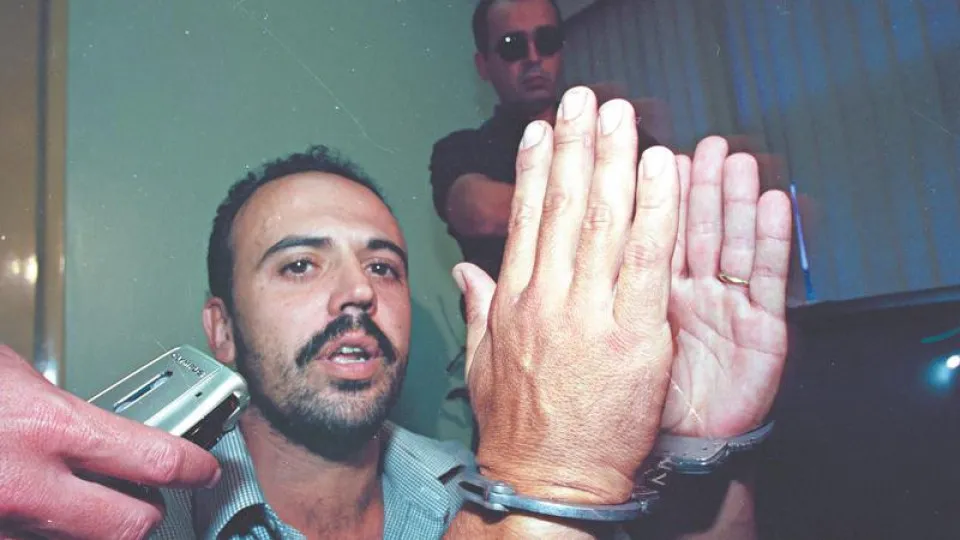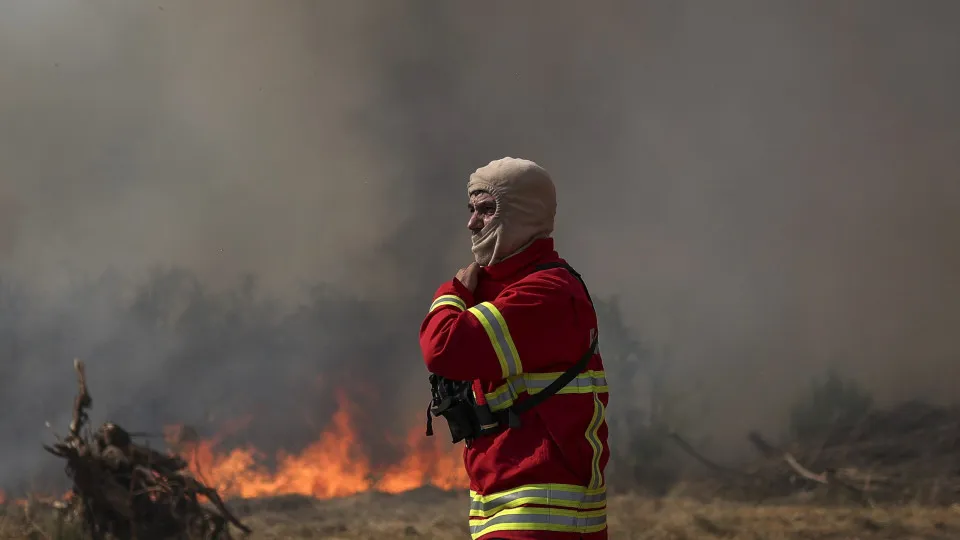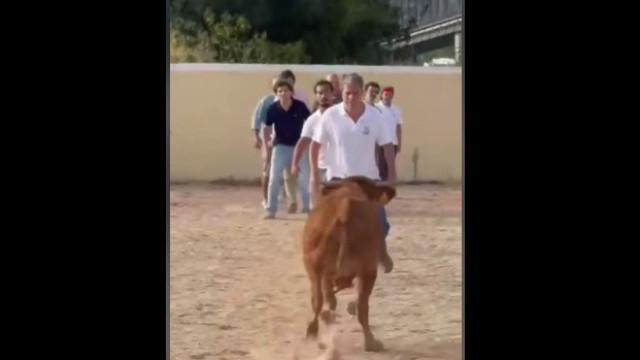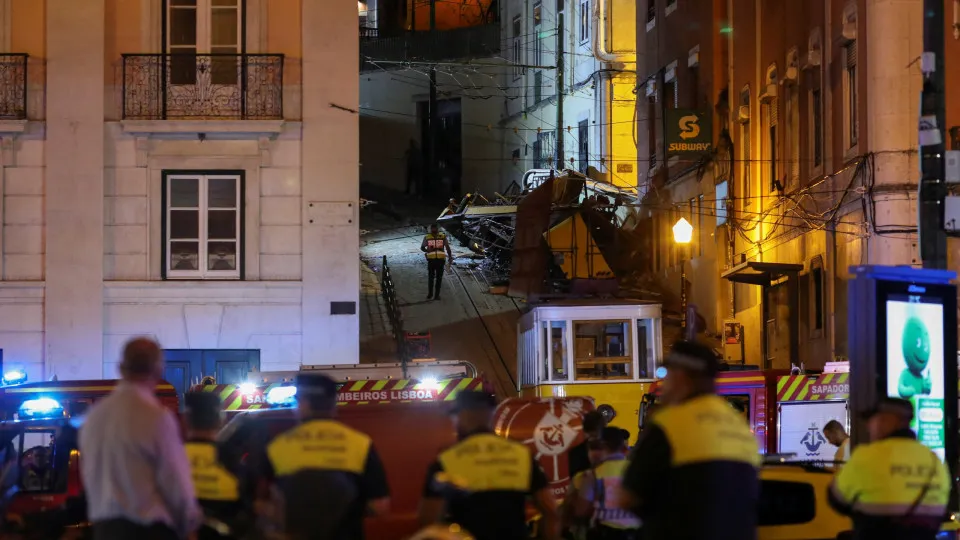
Luís Miguel Militão, convicted for the murder of six Portuguese businessmen in Brazil, stated in an interview that he should have already been released and claimed to be ready to reintegrate into society. The case dates back to 2001, when six businessmen were buried alive in Fortaleza, Brazil, after being lured to the location by Militão.
“I am exploring all possibilities that might somehow assist me in the current context, which is preventing me from being released by Brazilian justice. I believe I have already served my 30-year sentence,” he said in an interview with CNN Portugal during a temporary leave, arguing that despite having served 24 years, he completed six years of sentence reduction.
“It’s a legal tool in Brazil. Today, I have been serving for 30 years, nine months, and a few days,” he stated. The sentence reduction is a mechanism which allows convicts to shorten their prison time through work, study, or even reading.
The emigrant was initially sentenced to 150 years, but several requests for his immediate release had reached the Brazilian justice system by the end of last year, asserting that he “worked and studied while in detention, surpassing the 30-year maximum imprisonment established by Brazilian law.”
Militão remarked that he invited a Portuguese businessman to Fortaleza, clarifying he “did not lure him there,” dismissing suggestions of bringing the group for “sexual tourism” or with “the intention to commit a crime against these people.” “That didn’t happen, I only invited one person,” he stated.
Militão explained that the person, who was “a friend” while still in Portugal, agreed to go and intended to bring two friends along.
I didn’t see it, I wasn’t there. Physically, I didn’t kill anyone.
The Portuguese emigrant explained that it was in a context of desperation, “alcohol intoxication,” during a “favela meeting,” that he allowed himself to be “deceived with cunning and ended up losing the little money” he had brought. “Some of these people [accomplices] enticed me to commit other crimes and that never happened,” he confessed.
Regarding the people who came to Fortaleza, Militão mentioned that the group eventually grew, and he did not have the connections with them as he did with the first person he invited.
“When they led me to commit the crime, I said: ‘I don’t have the courage to kill anyone.’ And they replied: ‘I do,'” he revealed, without detailing who his accomplices were, noting that they “are also human beings.”
“I didn’t see it, I wasn’t there. Physically, I didn’t kill anyone,” he reiterated, narrating that the group was kidnapped the day they arrived in Fortaleza, on August 12. “Including myself, as a way to make them think I wasn’t involved in the crime to facilitate the provision of credit card PINs. Then, with the provision of the PINs, I left the tent [where they were] and did not participate. I didn’t see, I don’t know how it was. I never went back,” he asserted.
Upon seeing the findings, he realized “he was wrong,” as he told CNN Portugal. The Portuguese emigrant also said the group involved in the crime was drunk, as was he, and claimed the plan was murder, not out of cruelty, but fear – they feared being discovered and arrested. “It was a moment of stupidity. We weren’t criminals, we didn’t know how to commit crimes.”
Although he left the tent, Militão admitted he encouraged them, stating that “they would be discovered” if the murder didn’t occur. He mentioned he couldn’t withdraw large amounts of money, noting that in the minds of the criminals, “the people needed to die because there was nowhere to hold them captive, and we would be discovered. This is what our sick minds were telling us.”
“I didn’t have the courage to kill. I made mistakes at every step, but especially when I said, ‘if we don’t go through with what we planned, tomorrow we are all arrested.’ This was an indirect order, but still an order,” he stated.
During the interview, Militão also mentioned it was a “shock” to his family, as they were unaware of these plans. Regarding the money, the Portuguese stated he planned to support his family, including his pregnant wife. “I ended up being corrupted by crime, the culture of that place. Not by Brazilian culture but by crime in that particular place. I ended up corrupting myself,” he argued.
Concerning his “Portuguese family,” Militão said he is a “disgrace” to them, given the “shock.” “They never thought I would commit a crime. It offended, shocked, and divided them,” he confessed, adding that the support from this part of the family is “virtually none.”
Conversely, his “Brazilian family” has provided support, particularly in seeking sentence reduction. “My son was born with me already in prison,” he recalled.
Recalling the Case
Twenty-four years ago, on August 12, 2001, six Portuguese businessmen, aged between 42 and 57, were buried alive in Fortaleza, Brazil, after being drawn to the city by Luís Miguel Militão.
The brutality of the murders shocked the entire world. The Portuguese were beaten with sticks and buried alive in the kitchen of a Future Beach restaurant.
Militão, who became known as the ‘Fortaleza Monster,’ was arrested several days later, on August 23, after authorities discovered he had withdrawn thousands of euros from the businessmen’s accounts.
The bodies of the Portuguese were found the following day, on August 24.
On February 21, 2002, Militão, who had been residing in Brazil, where he emigrated years earlier, was sentenced to 150 years in prison. Meanwhile, Manoel Lourenço Cavalcante, Leonardo Sousa dos Santos, and José Jurandir Pereira Ferreira, accomplices in the massacre, were sentenced to 120 years.
Furthermore, Raimundo Martins da Silva Filho, also Brazilian and labeled as the most violent of the murderers in the proceedings, was sentenced to 162 years.




